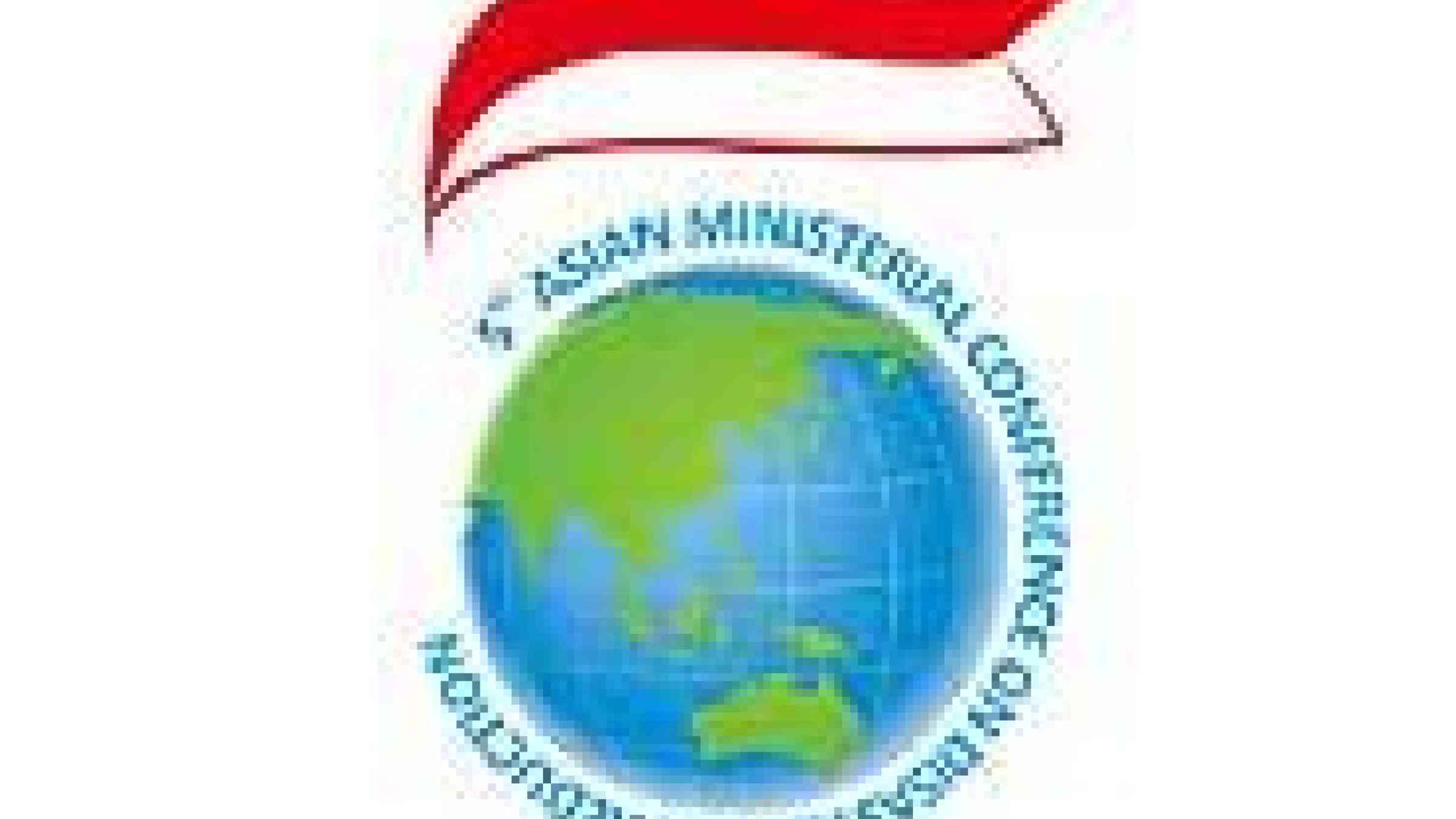Please help us improve PreventionWeb by taking this brief survey. Your input will allow us to better serve the needs of the DRR community.
IFRC: Reducing disaster risks through law - Editorial

5th AMCDRR
Editorial prepared by senior members of the International federation of Red Cross and Red Crescent (IFRC) Asia Pacific office on the occasion of the 5th Asian ministerial conference on disaster risk reduction.
Asia Pacific suffers on average, 40 per cent of the world’s natural disaster events each year and in 2011, Indonesia was ranked the fifth most disaster prone country in the world. Across the region, disaster damages totalled $276 billion, the highest figure ever recorded. Statistics aside, the people who are impacted most by disasters are the poorest and most vulnerable, most of who are forced to live in marginalised and hazard prone locations. Yet it is these same communities who are best placed to reduce the risks they face.
Indonesia is currently hosting the 5th Asian Ministerial Conference for Disaster Risk Reduction (AMCDRR), which is underway in Yogyakarta. This high-level forum is focusing on the need to scale up local level Disaster Risk Reduction (DRR) efforts, with working sessions exploring how greater investment is needed to build local risk reduction capacities.
As part of this discussion, we must look at the influence that innovative laws and regulations can have in empowering communities to increase their own resilience. Unfortunately even the most progressive international commitments and national policies can mean little on the ground unless enforced through a complimentary domestic legal framework.
Research undertaken by the International Federation of Red Cross and Red Crescent Societies (IFRC) shows that a lack of community engagement, poor access to information, gaps in funding, and weaknesses in the implementation of existing laws and regulations, can obstruct DRR results at the local level.
Legislation is an essential tool to achieve results. Good legislation can assign responsibilities to the authorities involved, mandate the deployment of adequate resources and promote the engagement of the community and private sector. It can empower communities to take action.
Examples of good practice include establishing local funds specifically for disaster risk reduction, including DRR in the school curriculum, providing for the organization of simulation activities in communities and spelling out roles for community-based organizations. Such initiatives have already been adopted in the Philippines, Vietnam, China and Bangladesh.
Indonesia has already incorporated elements of DRR into its national disaster management law, and other countries such as Cambodia, Vietnam, Maldives, Bhutan, and Laos are currently in the process of developing or revising their legislation. However, while developing new laws is a crucial first step, successfully enforcing them is often the biggest challenge.
Over the last five years, commitments made at the AMCDRR have reflected excellent intentions when it comes to DRR. Now, it is time for states to set those good intentions down into enforceable laws.
This year’s AMCDRR should motivate countries across the region to assess and improve their own legal frameworks to strengthen local capacities. One of the strategic priorities of the IFRC is to provide support to countries willing to improve their laws for DRR.
A strong legal framework can form the foundation of a truly effective national policy on disaster risk reduction. We are all aware of the crippling effects of disasters in Asia. Putting communities first doesn’t have to be rhetoric. Laws can make this a reality.
Tessa Kelly, is the Asia Pacific Disaster Law coordinator with the IFRC. Tessa.kelly@ifrc.org
Explore further
Please note: Content is displayed as last posted by a PreventionWeb community member or editor. The views expressed therein are not necessarily those of UNDRR, PreventionWeb, or its sponsors. See our terms of use
Is this page useful?
Yes No Report an issue on this pageThank you. If you have 2 minutes, we would benefit from additional feedback (link opens in a new window).